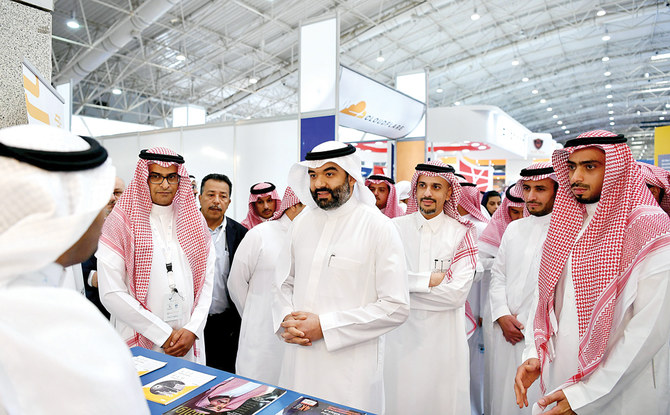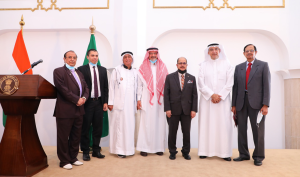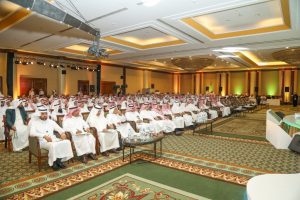Saudi Arabia has had an Internet connection since 1994, but restricted its use to state academic, medical, and research institutions. Saudi citizens and residents were free, however, to purchase computers and modems, could connect to the Internet through dial-up service to foreign ISPs, and launch web sites on foreign servers. But international calls to ISPs were expensive: to Bahrain the charge was U.S. $0.60-0.80 per minute, and to the U.S. and Europe $1.70-$2.10 per minute. Still, according to one estimate, some 30,000 Saudis were accessing the Internet in this fashion.(99) The Saudi public could also subscribe to local networks such as al-Naseej (
Although state institutions were first connected to the Internet in 1994 and King Fahd had approved public Internet access in 1997, it was not until January 1999 that local ISPs began connecting ordinary citizens. This delay was due in large part to the self-proclaimed determination of authorities to establish a system for controlling the flow of information online.








